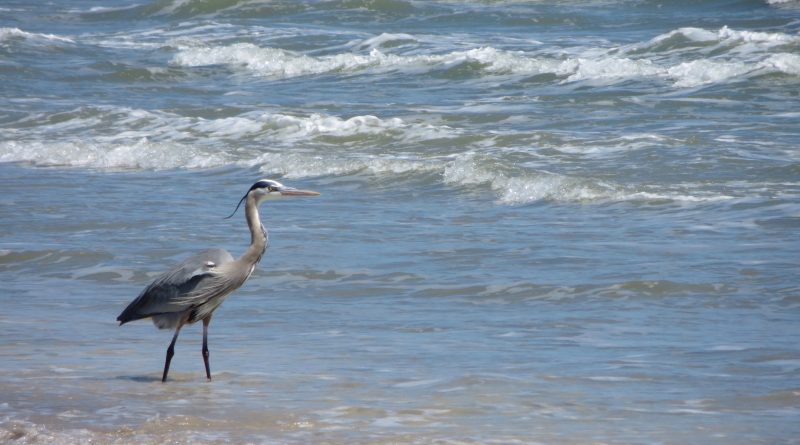A Future of More Fear or More Connection?
What a time we are going through! I continue to be heartened by the actions many, many people are taking to help avoid spreading the coronavirus. I’m inspired by reports of heroic health care workers, and volunteers stepping up to help in some of the areas hardest hit by the virus. People are offering free online sing-alongs for children (and their parents) who are cooped up at home. Mutual aid networks are developing to assist those with limited resources. People are coming to their windows and balconies to applaud health care workers.
At the same time, I think it is useful to acknowledge that this is a scary time. We don’t know if we will get sick or if we will lose loved ones. We don’t know how bad this will get or how long it will last. We no longer can go to many of the places we want to go to or be with the people and groups we like to be with. This loss of freedom can make us feel even more powerless in the face of such a crisis.
Taking a walk
I walked through my town a few days ago, carefully avoiding getting any
closer than 6 feet of anyone. The town
was relatively deserted (a college town with all the students having departed
for their homes), but a few people were out.
We carefully avoided each other.
When I got home, I realized that I had unconsciously viewed every person
I encountered as a potential danger – as someone who had the possibility of
infecting me, or others, with the virus.
I hadn’t even greeted most of them and they didn’t greet me. I didn’t feel I had chosen this perspective,
it had just taken over my mind without my realizing it.
I went out again the next day, still carefully observing all the physical distancing recommendations, but determined to see everyone as someone who was experiencing this crisis with me, our shared situation acting as a bond between us, focusing on our being in this together. I greeted complete strangers (from an appropriate distance) and found that people responded with smiles and greetings. They seemed to come alive, just being acknowledged. Some of us had brief conversations. I came home feeling more connected and re-energized.
Mindsets
I tell this story because something I read got me thinking about what
our mindsets will be when this crisis eases and we are again able to have
closer contact with each other. We could
come out of this fixated on the potential transmission of infectious diseases,
with a constant low-level fear or suspicion of each other. Or we could come out of this feeling
triumphant and connected – glad that together we behaved in ways that kept far
more people alive, that our caring about each other was real, and with a new
sense of all being in it together. We
could come out with greater confidence that we can have a similar united front
against climate change and work together to build a future that works for
everyone.
We know that when people are more fearful and divided, they are more vulnerable to totalitarian leaders and practices — to yielding basic rights in exchange for promises of safety. We also know that throughout the world those who seek to consolidate power in a wealthy elite intentionally manipulate people by making them more fearful of each other and disconnected. Right wing forces within the United States have for decades been successfully using racism and fear of immigrants to divide the population and gain power in this way.
Government aiding polluters under the cover of the
virus crisis
Right now, as many of us are focused on staying safe, caring about each
other, often helping our neighbors and donating to the needy, others are
focused on how this crisis can be used to enhance their wealth and power, and
advance other harmful agendas. The EPA
just announced that it will cease enforcing many air, water, and toxic waste
pollution regulations because of the virus crisis. Right wing senators put half a trillion
dollars in the stimulus bill to aid big business, including the fossil fuel
industry, while refusing to include job-creating funding for clean energy
alternatives. The Trump administration
chose last week in the middle of the coronavirus crisis to benefit oil
companies by cutting vehicle mileage
standards — dooming us greater air pollution and gutting one of our nation’s
biggest efforts against climate change.
Where will we head?
The next year will be critical in whether we head in the direction of a
Green New Deal that offers jobs, justice, and decisive action to stop climate
change, or toward greater oligarchy, hatred, and life-destroying climate
change. If we want to build a world that
works for everyone, we will need to constantly affirm that everyone matters,
that we are all connected to each other, and that our love for humanity, for
all living things, and for the natural world is stronger than the forces of
greed and oppression.
In our conversations and social media posts, let’s point to the ways that people’s caring is helping things go better in the virus crisis and showing our potential to make changes together to handle a crisis. Let’s remind people that we can work together today to stop the virus and work together consistently to stop climate change. Rather than longing to go back to how things were before the coronavirus, let’s long to go forward with a new sense of what’s possible when we pull together.
___________________________
The photo above is of a heron in the Gulf of Mexico – by Russ Vernon-Jones.
I’ll let you know when my next new post is available.
Click “Subscribe” below.

Great post, Russ! I will especially heed the sentiment of the closing paragraph. I miss seeing you.
Stay safe,
Savanna
As always, thank you for your thoughtful insights. They are heartwarming.